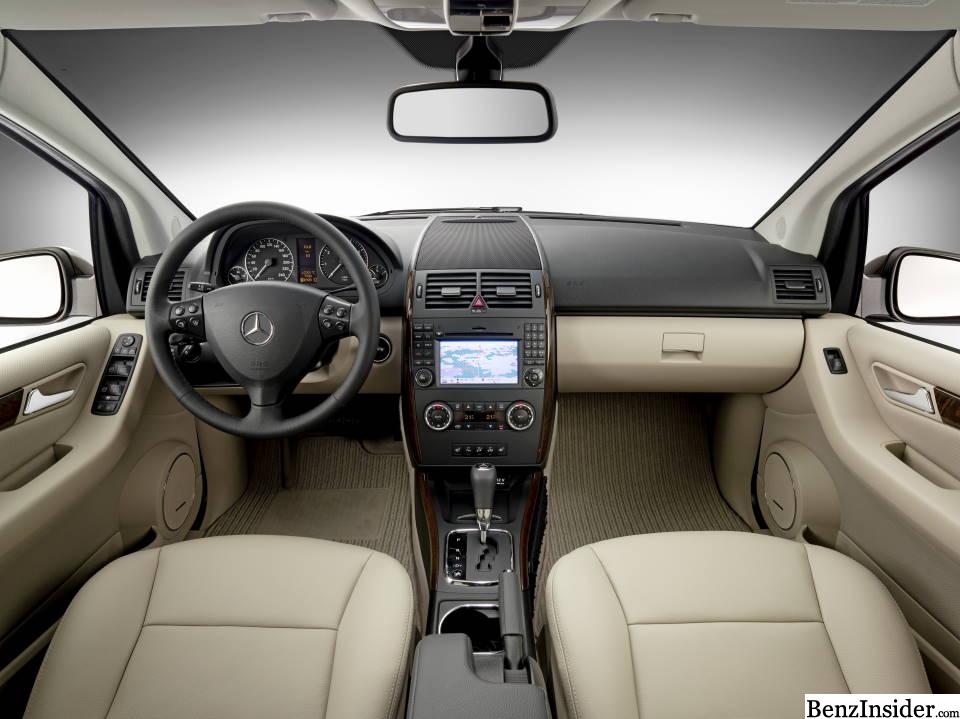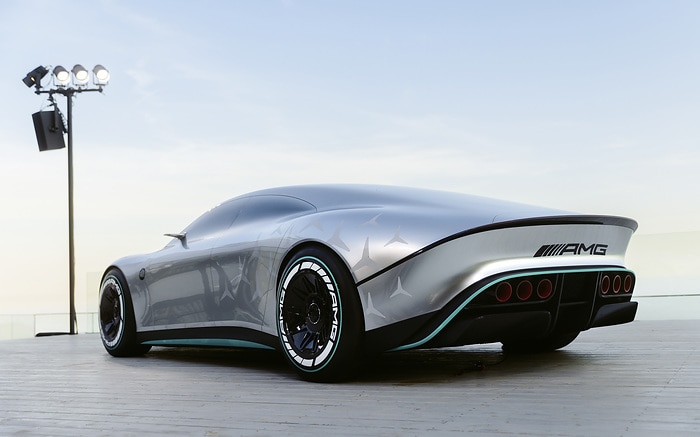The US Federal Reserve Board raises interest rates in an effort to curb inflation and keep the economy stable. Recently, the agency announced its ninth consecutive increase in a span of one year to tackle rising prices. So, how do federal rate hikes play into the industry that Mercedes-Benz is in?

Understanding Federal Rate Hikes
A federal rate hike is a decision by the Federal Reserve Board to increase the federal funds rate. It is the interest rate at which banks lend money to each other overnight.
When the federal funds rate is increased, it becomes more expensive for banks to borrow money, which in turn causes them to increase the interest rates that they charge consumers for loans such as car loans.
How Federal Rate Hikes Affect the Auto Industry
Federal rate hikes can have a significant impact on the auto industry. When interest rates rise, consumers are less likely to take out car loans because the cost of borrowing money becomes more expensive. This can lead to a decrease in auto sales, which can have a ripple effect throughout the industry. For example, if auto manufacturers are selling fewer cars, they may have to lay off workers, which can hurt the overall economy.
Examples of the Impact of Federal Rate Hikes on the Auto Industry
One example of the impact of federal rate hikes on the auto industry can be seen in the aftermath of the 2008 financial crisis. In response to the crisis, the Federal Reserve Board lowered interest rates to historic lows in an effort to stimulate the economy. This led to a surge in auto sales, as consumers were able to take out car loans at very low interest rates. However, as the economy recovered and interest rates began to rise, auto sales began to decline. In 2019, the Federal Reserve Board raised interest rates four times, which contributed to a slowdown in the auto industry.
Another example of the impact of interest rates on the auto industry can be seen during the COVID-19 pandemic. In March 2020, the Federal Reserve Board lowered interest rates to near zero in response to the economic downturn caused by the pandemic. This led to a 44% surge in auto sales going to March 2021, as consumers were once again able to take out car loans at very low interest rates. However, as the economy continues to recover and interest rates begin to rise, it remains to be seen what impact this will have on the auto industry.
Strategies for the Auto Industry to Navigate Through Federal Rate Hikes
The auto industry can take steps to mitigate the impact of federal rate hikes. One strategy is to offer incentives to consumers, such as low-interest rates or cash-back offers, in order to encourage them to purchase cars despite rising interest rates. Another strategy is to focus on the production of more fuel-efficient vehicles, which can be more attractive to consumers who are looking to save money on gas.
Final Thoughts
Federal rate hikes can have a significant impact on the auto industry. When interest rates rise, consumers are less likely to take out car loans, which can lead to a decrease in auto sales and have a ripple effect throughout the industry.
The auto industry, however, can take steps to mitigate the impact of federal rate hikes. These may include offering incentives to consumers and focusing on the production of more fuel- or energy-efficient vehicles such as the Mercedes-Benz EQS 450+ with EPA estimated consumption of 97 MPGe city, 97 MPGe highway, and 97 MPGe combined.








